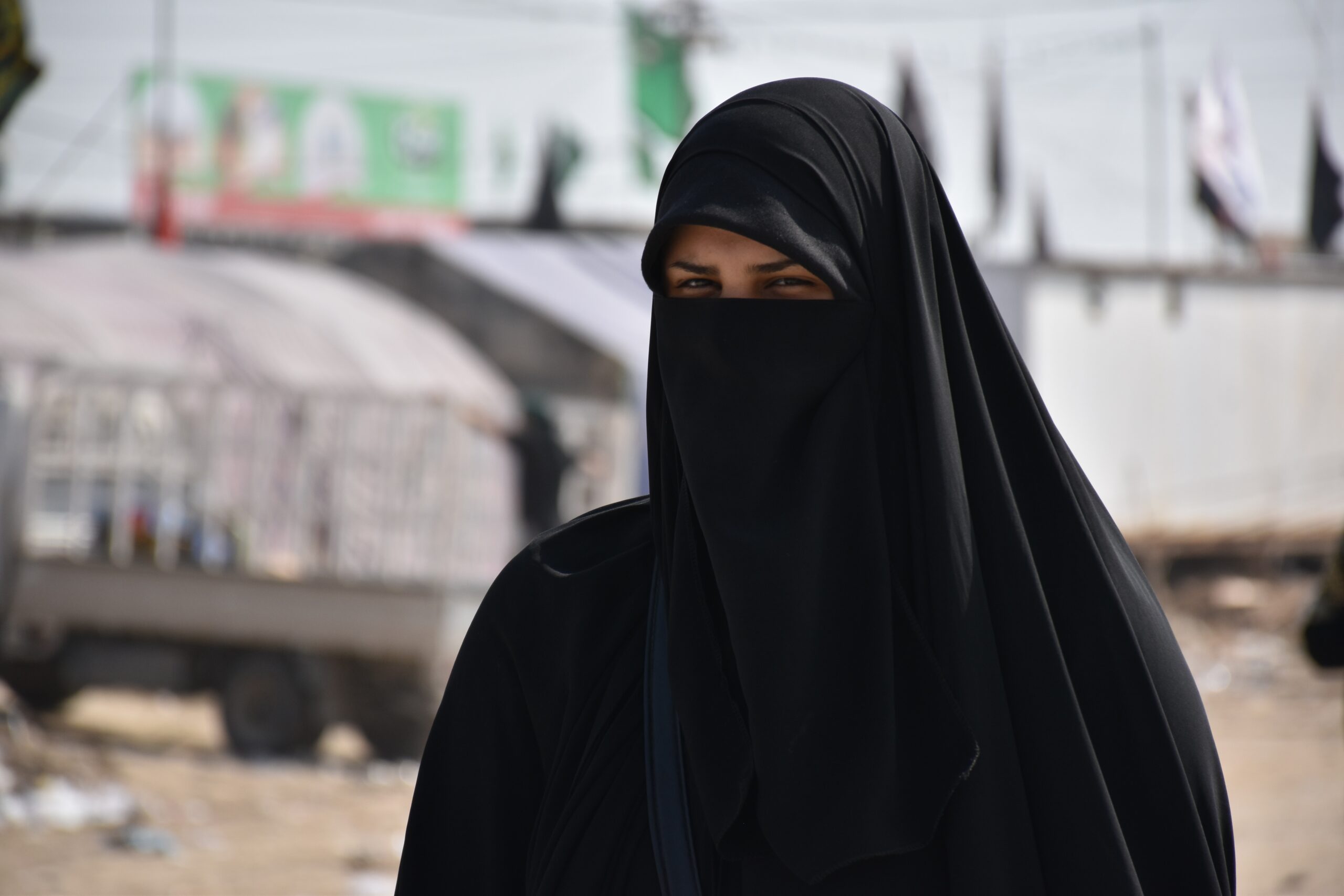
Kyrgyzstan considers banning niqab, citing security concerns
A bill that would ban women from wearing the Islamic niqab, a veil that covers the face except for the eyes, and men from growing long, bushy beards has sparked a heated debate in Kyrgyzstan, a predominantly Muslim country in Central Asia.
The bill, which was made public for discussion by the parliament on November 14, proposes fines and community service for those who violate the ban, which it says is necessary to ensure public security and identify individuals. The bill would apply only to Kyrgyz citizens, not to foreign visitors, diplomats or those who have medical reasons to cover their faces.
The bill’s initiator, lawmaker Sharapatkan Mazhitova, said she was alarmed by the increasing number of women wearing the niqab, especially in the southern region of Osh, where she visited in April. She said she saw women “wrapped fully in black clothing” with only their eyes visible.
“Wear head scarves if you like, but why must you wrap yourself fully in black clothing?” she said in parliament after her trip. She urged the Muftiyat, the highest Islamic authority in Kyrgyzstan, to educate women about the niqab and why many object to it.
Mazhitova argued that the niqab is not part of Kyrgyz culture or tradition, and that it poses a security threat as it conceals the identity of the wearer. She also claimed that the niqab is a sign of radicalization and extremism, and that banning it would prevent the spread of such ideologies.
“Every fourth woman in Osh wears the niqab and their number is growing by the day,” she said in September. “I demand the government take measures at the state level now, as it will be too late tomorrow.”
She pointed out that more than a dozen countries worldwide have banned the niqab, including some Muslim-majority nations such as Algeria, Morocco and Tunisia. She said she was not against the hijab, a headscarf that covers the hair and neck but leaves the face open, which is widely worn by Kyrgyz women.
The bill also targets men who grow long, bushy beards, which it says are associated with radical Islam and terrorism. It does not specify what length of beard is acceptable, leaving it to the discretion of law enforcement officers.
The bill has drawn criticism from human rights activists, religious leaders and some lawmakers, who say it violates the constitutional rights of freedom of expression and religion. They also question the effectiveness of the ban in preventing extremism and violence, and warn that it could fuel resentment and discrimination among the Muslim population.
The Muftiyat has not officially commented on the bill, but some of its representatives have expressed their opposition to it. Maksat Atabaev, the deputy head of the Muftiyat, said the niqab is a personal choice of women and not a mandatory requirement of Islam.
He said the Muftiyat does not encourage women to wear the niqab, but respects their decision. He also said the Muftiyat does not see any connection between the niqab and extremism, and that the bill could create a negative image of Islam and Muslims in Kyrgyzstan.
“We are against any kind of extremism and terrorism, but we are also against any kind of discrimination and oppression,” he said. “We believe that the best way to deal with these issues is through dialogue and education, not through coercion and prohibition.”
Kyrgyzstan, a former Soviet republic of about 7 million people, is considered one of the most secular and tolerant countries in the region, where Islam coexists with other religions and cultures. However, in recent years, the country has faced challenges from radical groups such as the Islamic State and the Islamic Movement of Uzbekistan, which have recruited some Kyrgyz citizens to fight in Syria and Afghanistan.
The country has also experienced several violent incidents involving religious extremists, such as a suicide bombing at the Chinese Embassy in Bishkek in 2016, and an attack on a Turkish restaurant in the capital in 2018.
The bill is currently under public discussion and has not yet been submitted to the parliament for voting. It is unclear how much support it has among the lawmakers and the government, which have not officially endorsed or rejected it.

